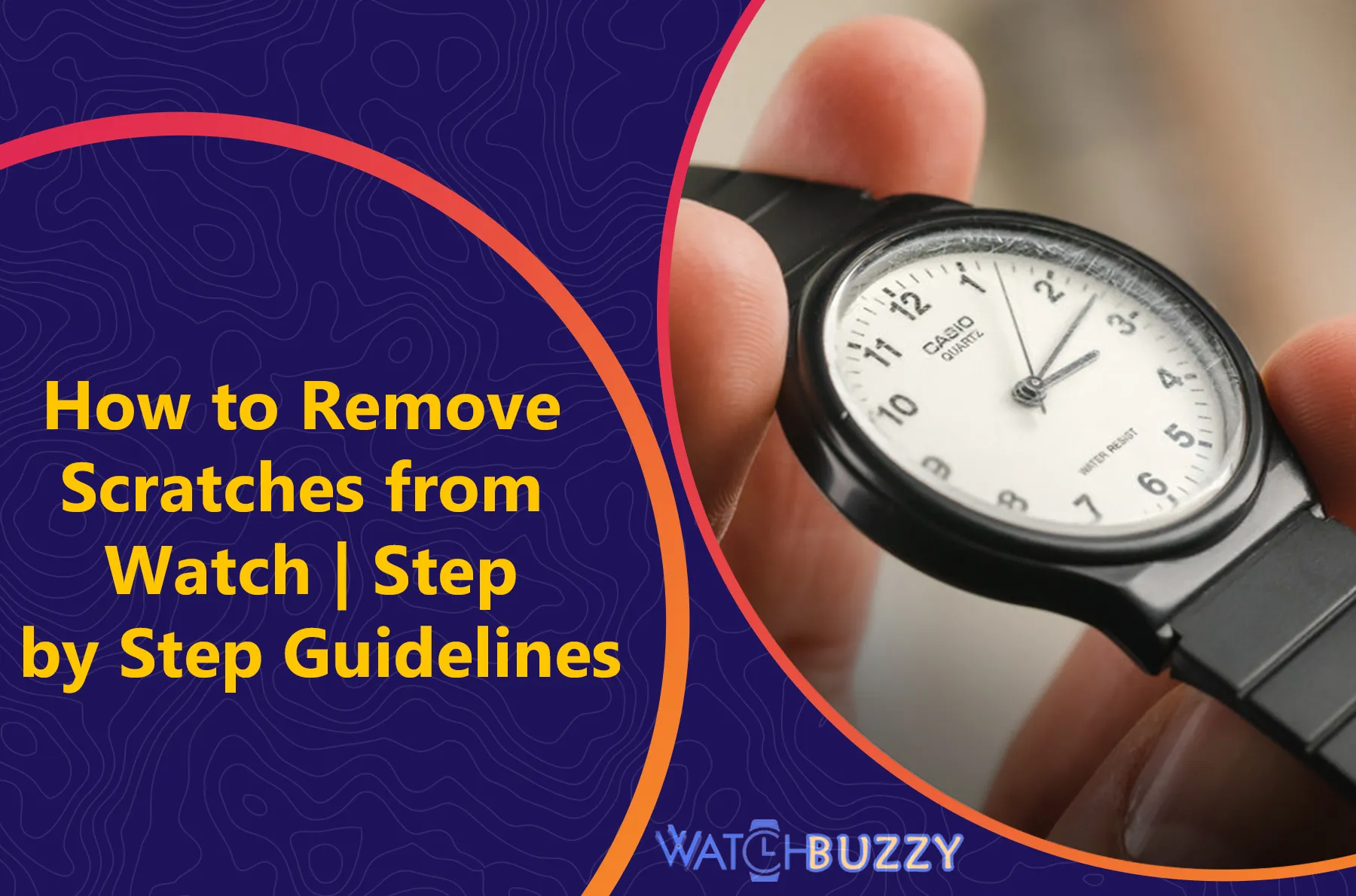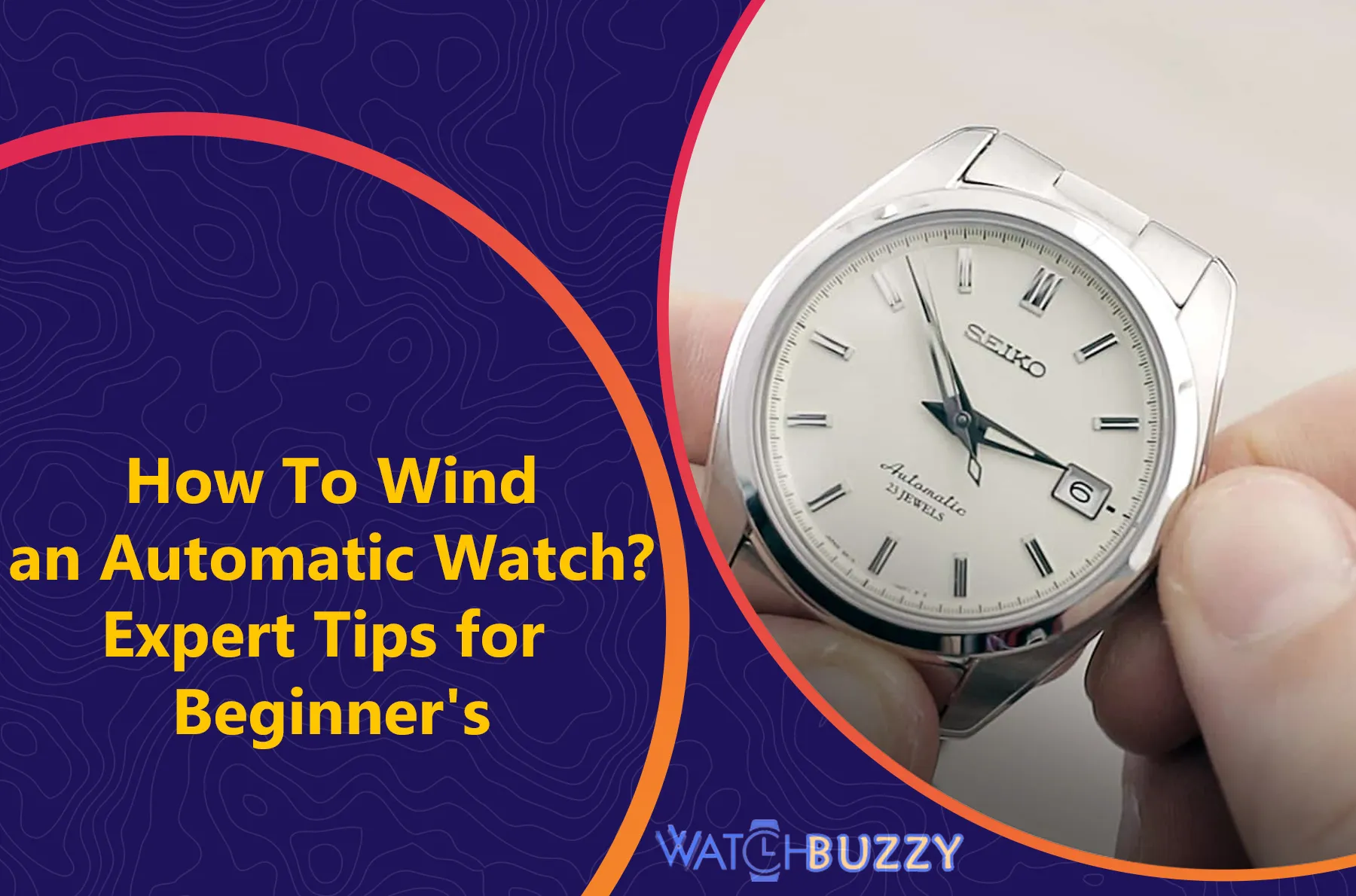Activity trackers are all the rage these days, with millions of wristbands sporting electronics that track everything from your heart rate and oxygen intake to how many steps you walk each day. Activity monitors can reveal your main cause of inactivity: sleep, among their numerous features.
In the same way, In this article, you will know How Do Fitness Trackers Track Your Sleep? How do they do it? and features of Sleep Trackers.
What are the Features of Sleep Trackers?
![]()
Sleep trackers come in a wide range of styles, and new ones are being released all the time. Many of them are wristband-style trackers. Others hang from your bedside table or fasten to your pillow. These devices have a variety of capabilities, but several of them are common:
Sleep time duration: The devices can measure when you fall asleep at night and when you wake up in the morning by tracking how much time you spend inactive.
Sleep effectiveness: Trackers can identify disrupted sleep and alert you when you’re tossing and turning or waking up in the middle of the night.
Phases of sleep: Some tracking systems keep track of your sleep phases and set your alarm for when you’re sleeping less deeply. In principle, this should make rousing easier for you.
Environmental variables: Some gadgets keep track of environmental conditions in your bedroom, such as the quantity of light or the temperature.
Behavior aspects: Some trackers ask you to enter information about things that can affect your sleep, such as how much caffeine you’ve had, when you ate, and whether you’re stressed.
What Is a Normal Sleep Cycle?
You cycle through many stages of sleep during the night:
Step 1: The first stage of sleep lasts only a few minutes and is light and simple to wake up from.
Step 2: Your brain waves calm down at this stage, which is also relatively light.
step 3 and 4: You enter a deeper sleep that is more difficult to wake up from during these stages. This is when your body develops, heals, and strengthens its immune system.
Rapid eye movement (REM): Your brain gets more active and dreams happen during the final stage of the sleep cycle. Information is processed and long-term memories are stored in your brain.
Every 90 to 110 minutes, this cycle repeats. REM cycles become longer as sleep develops.
Is Sleep Tracking Interfering with Your Sleep?
You’ve got a new device that tracks your sleep. It informs you how long you slept and how well you slept. Isn’t this information going to help you have a better night’s sleep? Not so fast, my friend.
According to some experts, these sleep monitors may not provide an accurate picture of your sleeping patterns and may even harm your sleep.
What Are the Benefits of Using a Sleep Tracker?
The majority of sleep monitors have motion-sensing technologies. Wearable fitness trackers, such as watches, rings, and wristbands, have several of them built in.
Alan Schwartz, MD, director of the Sleep Disorders Center at Johns Hopkins Bayview Medical Center, states, “Most of these use accelerometers.” Sensors are used in other trackers, such as a tiny strip that you place on your bed.
Some trackers also monitor your breathing, body temperature, and heart rate, which all alter as you progress through the stages of sleep.
As you progress from the early phases of sleep to the deepest stage, known as slow-wave sleep, your heartbeat slows down progressively.
As you enter rapid eye movement (REM) sleep, however, it tends to speed up. This information is used by the trackers to figure out how much time you spend in each stage.
What Is the Accuracy of Sleep Trackers?
![]()
There’s a lot of room for mistakes. According to Jerald Simmons, MD, the founding director of Comprehensive Sleep Medicine Associates in Houston, “these gadgets assess your behavior.” “They can’t detect if you’re truly sleeping.”
For example, a tracker may report that you’re dozing while quietly watching TV in bed. “The outcomes can be deceiving,” Simmons warns. According to several studies, popular sleep trackers overestimate sleep by ranging from 9 minutes to over an hour.
Things become much more-hazy when it comes to tracking sleep stages. Many people use the stage breakdown to gauge their sleep quality. However, there isn’t enough research to know whether this information is accurate or what it means for your total sleep quality.
What Is the Most Effective Way to Use a Sleep Monitor?
Despite the requirement for clarification on the meaning of the data, the devices have advantages. It can shed light on your general sleep patterns, according to Schwartz.
You’ll learn more about your habits and how they impact your sleep. You can take advantage of the device in the following ways. Get a sense of how much sleep you’re getting.
More than a third of Americans are sleep deprived on a regular basis. However, many people are unaware of this. “A sleep tracker can give you some insight into whether you’re getting enough sleep,” Gooneratne explains. You can use those figures as a rough guide, even if they aren’t 100 per cent exact.
Take note of significant changes. If your data shows that you’ve started moving around a lot, tell your doctor about it. According to Simmons, this could be a sign of a sleep disorder like apnea or restless legs syndrome.
Should I Purchase a Sleep Monitor?
Now that we’ve gone over the basics of what sleep trackers do, the major issue is: do they really need to be used? Of course not, strictly speaking.
After all, generations of our forefathers and mothers lived without them and made do quite fine. Tracking your sleep won’t cure a significant sleeping condition or increase your memory in a magical way.
A sleep tracker, on the other hand, is a simple and, in most cases, inexpensive approach to get to know yourself whether you’re attempting to live your best life or keep track of your personal health.
As long as you don’t have a sleeping issue, the data gathered throughout a night’s sleep can be incorporated into your routine to gain a better understanding of your body.
Sleep deprivation is a major health problem that affects people differently. Nursing, firefighting, and law enforcement are just a few of the professions that have rotating shifts.
It’s especially difficult for employees who traverse time zones frequently, such as flight attendants, pilots, and foreign business travellers; having an effective technique to measure sleep can be a very useful tool in regaining their sleep routine.
What are the advantages of wearing a fitness tracker?
A fitness or activity tracker, at its most basic level, can provide you with information about your daily activities by measuring your steps, calories, and sleep. Running, cycling, swimming, and golf, for example, are supported by more modern gadgets. Others allow you to track your entire workout, from the treadmill to the pool.
Some have more sophisticated tracking sensors, such as heart-rate monitors, as well as simple smart notifications, such as text or email. Those with built-in GPS can function independently of your phone, allowing you to leave it at home when running or cycling.
Pros and drawbacks of fitness trackers
Pros: Basic trackers are inexpensive; you can acquire one with a decent range of functions for around £40, making them a fantastic alternative if you’re on a tight budget.
There are a lot of styles that are made to be comfortable, so you’ll be able to wear it all day. Advanced devices for extremely specialized sports and activities are available, but they come at a greater price, making you ponder if a wristwatch would be a better option.
Cons: Devices differ in their versatility for additional activities outside of exercise and activity, such as smart phone notifications, music playback, and third-party apps. The most effective trackers are precise, comfy, and simple to operate. The worst overstate or understate your statistics, and they’re inconvenient to wear and utilize.
If you think a fitness tracker is right for you, check out our list of the top fitness trackers to see which models performed well in our tests.
Final thought: How Do Fitness Trackers Track Your Sleep?
Users’ opinions and experiences with wearable activity trackers were investigated in this study, and it was discovered that activity trackers are generally used for a long time and are positively received by users.
Participants were marginally more likely to appreciate real-time feedback than long-term monitoring capabilities when using their trackers to monitor and intervene on physical activity rather than other daily routines (e.g., sleep and nutrition).
As a result of using the activity tracker, the majority of users believed they had increased their physical activity.
Device damage or loss, as well as technical issues with the device and supporting software, were major deterrents to continuing use. Overall, the data suggest that activity trackers are appealing and useful instruments for promoting physical exercise.













